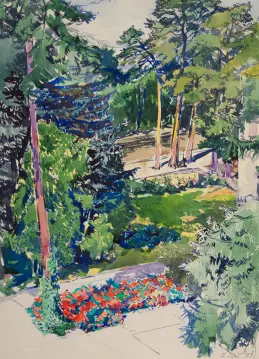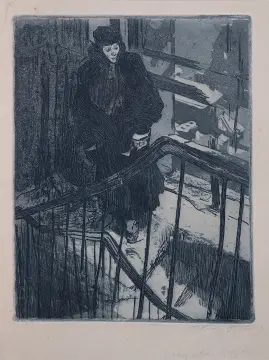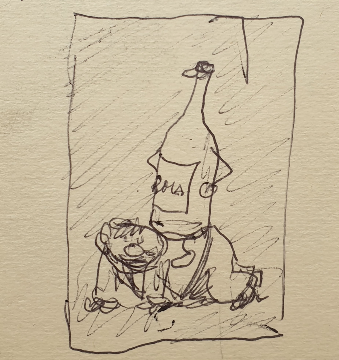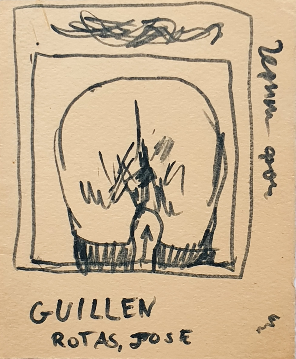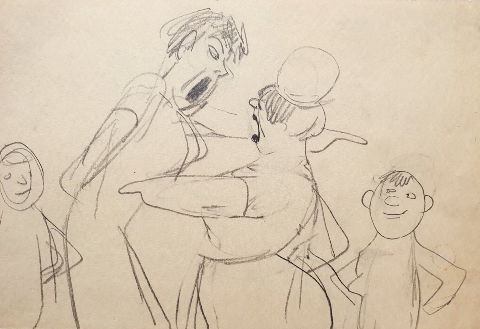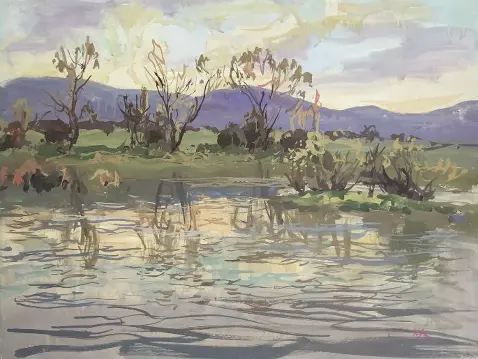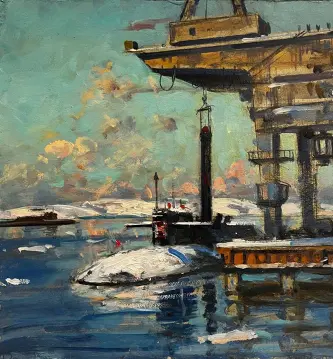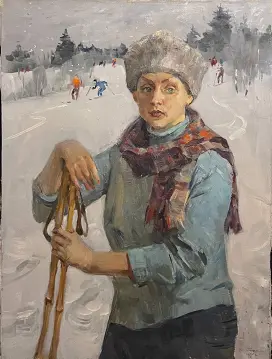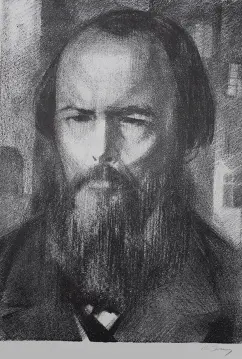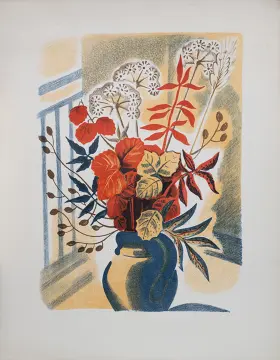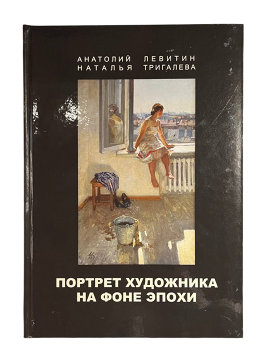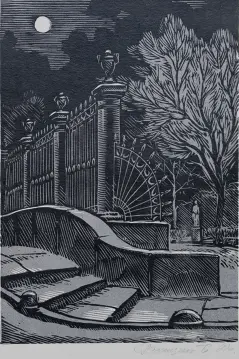
Галерея
Картины выставленных на продажу
Купить картину
Аукцион
Работы представленные на аукционе.
Узнать больше
Коллекция
Коллекция картин на сайте
Узнать больше
Выставки
Узнать больше
Художественная галерея
Коллекция работ выставленных на продажу
АУКЦИОН: Аукцион № 37, часть 4
Дата проведения: 13 февраля 2026
АУКЦИОН: Аукцион № 37, часть 3
Дата проведения: 5 февраля 2026
АУКЦИОН: Аукцион № 37, часть 2
Дата проведения: 30 января 2026
АУКЦИОН: Аукцион № 37, часть 1
Дата проведения: 22 января 2026
Коллекция галереи
Новости
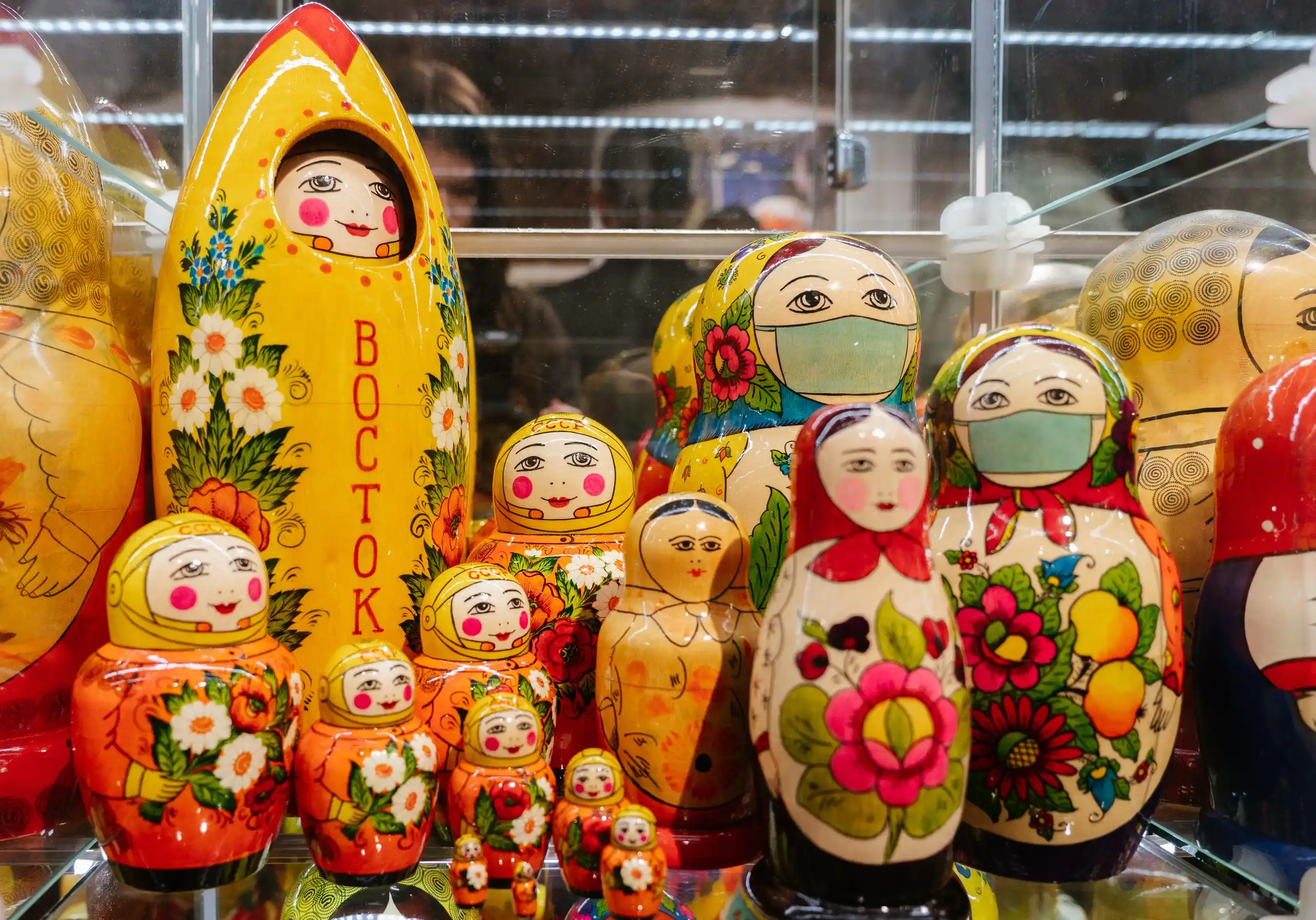
Фотообзор презентации выставки «ПРИНЦИП МАТРЕШКИ» и выставки «ТИХАЯ ЖИЗНЬ ВЕЩЕЙ.
Фотообзор презентации выставки «ПРИНЦИП МАТРЕШКИ» и выставки «ТИХАЯ ЖИЗНЬ ВЕЩЕЙ. Редкие натюрморты из частных собраний». Данные выставки открыты и ...

Перед самым открытием выставки «ПРИНЦИП МАТРЕШКИ», завершили опись (или лучше сказать перепись?) матрешек нашей выставки - 445 штук! Чем не населен...

Дорогие друзья! По вашим просьбам мы продлеваем ФОТОКОНКУРС #ЯТАКВИЖУ. Напоминаем, что победители примут участие в групповой фотовыставке «Я так ви...

В галерее ОПХ открылись три уникальные выставки
Дорогие друзья! Мы рады сообщить, что три уникальные выставки в Галерее ОПХ уже открыты и ждут вас! Не пропустите интересные материалы о выставках...
О галерее
Мы продолжаем традиции Императорского Общества Поощрения Художеств, созданного в 1820 году с целью содействия развитию изобразительного искусства, распространению знаний, связанных с искусством, и образованию художников и скульпторов.
Основное направление нашей деятельности - сохранение и популяризация Российского культурного наследия путем проведения аукционов и выставок. Галерея работает как с произведениями советских художников классической школы живописи, так и с творческим наследием «альтернативной эстетики» 1960-1970-х годов, занимается реализацией антикварной и современной живописи.
Просветительская и меценатская деятельность составляет важную часть нашей работы. Галерея организует выставки в Санкт Петербурге и других городах России с целью поддержки и продвижения творчества художников.
Мы открыты к сотрудничеству с художниками и коллекционерами и рады видеть всех, кто любит искусство, интересуется им, готов и хочет узнавать новое!
"Наша цель - сохранить традиции, говорить о духовном, о светлом!", - Людмила Анатольевна Ермолина, создатель и директор Фонда «Императорское общество поощрения художеств».







